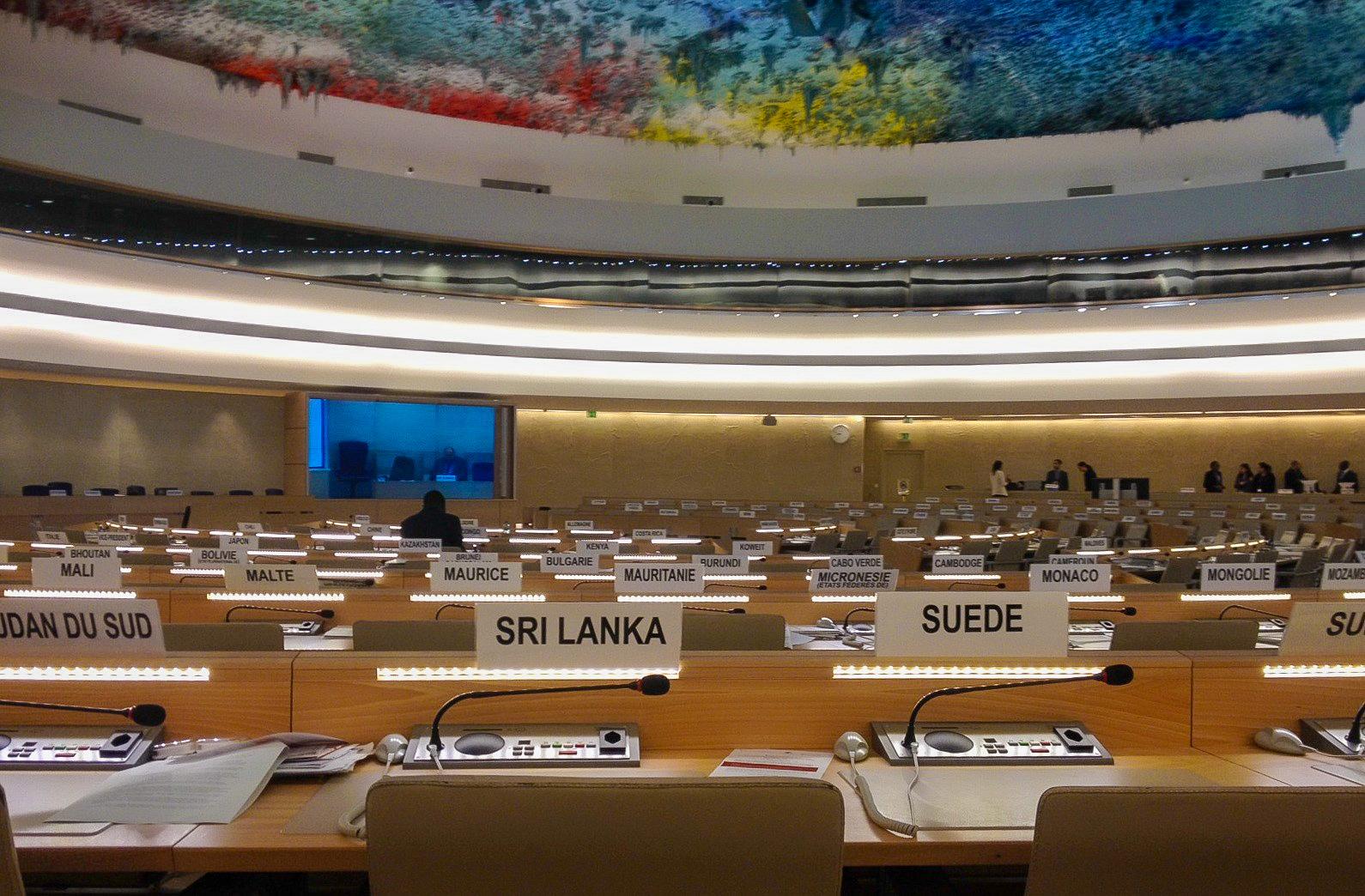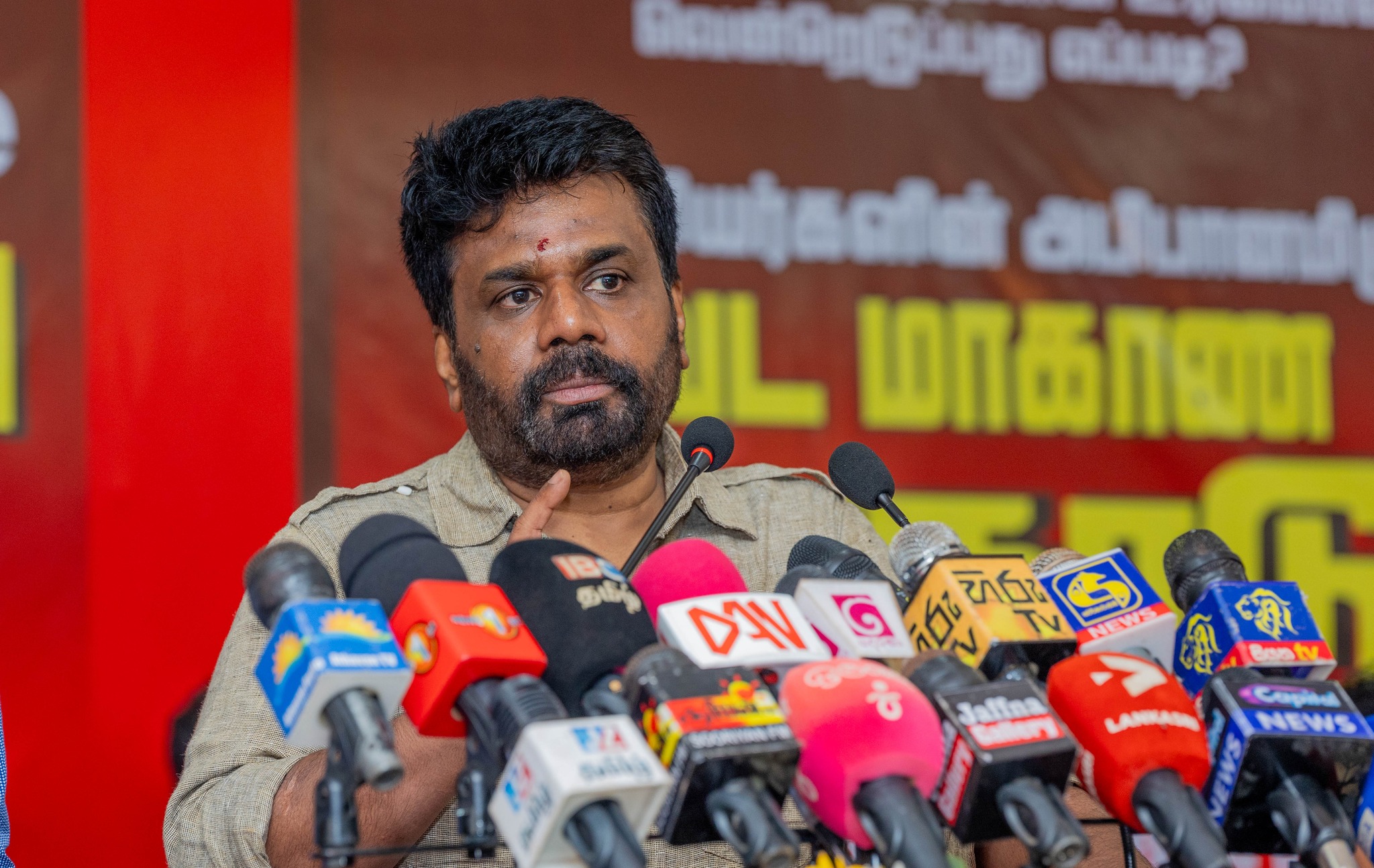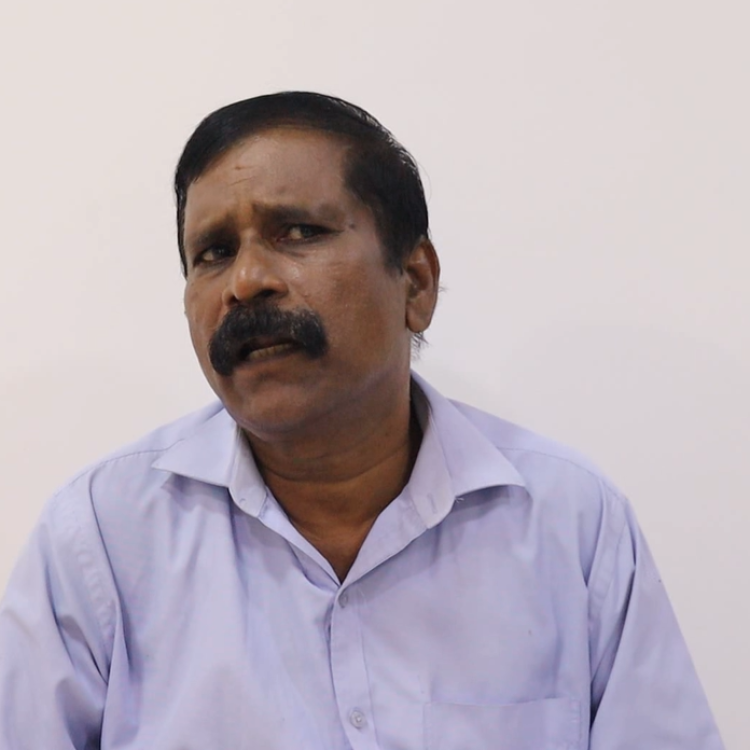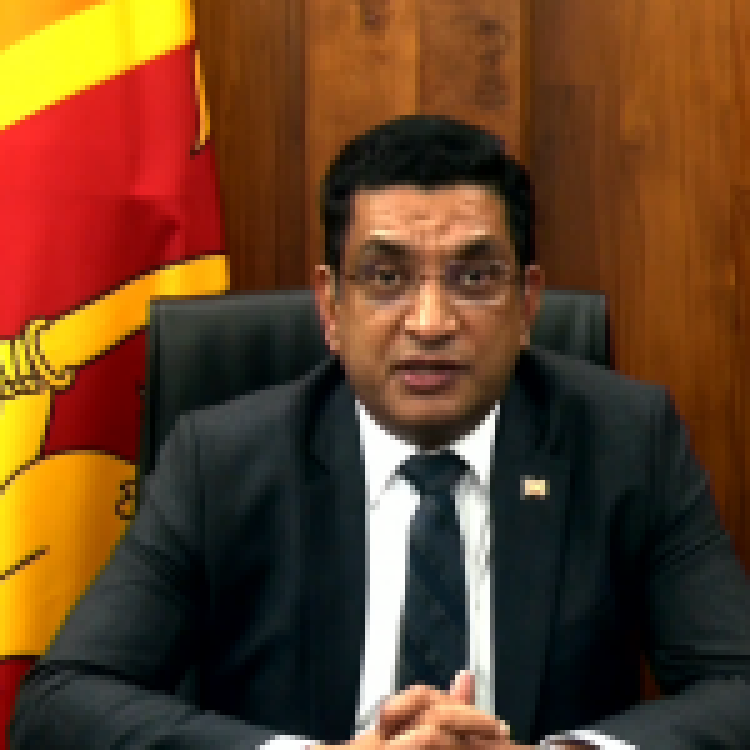
Sri Lanka's new government headed by president Anura Kumara Dissanayake has taken an executive decision to reject the resolution tabled at the United Nations Human Rights Council (UNHRC) which looks set to extend the mandate of a war crimes evidence gathering mechanism for a further year.

Sri Lanka's new government headed by president Anura Kumara Dissanayake has taken an executive decision to reject the resolution tabled at the United Nations Human Rights Council (UNHRC) which looks set to extend the mandate of a war crimes evidence gathering mechanism for a further year.
The Cabinet decision released by the Government Information Department states that the Sri Lankan government has decided to reject the resolution.
"Sri Lanka has strongly rejected the proposed draft resolution, at the present session of the UNHRC, and it continues to oppose the 51/1 resolution," the statement read. "Sri Lanka has not agreed to a resolution that extends the powers of the collection of external evidence mechanism."
The Cabinet which comprises President Anura Kumara Dissanayake, Prime Minister Dr Harini Amarasuriya, and Foreign Minister Vijitha Herath have also noted in their decision that they will take "firm action" on human rights issues through "local procedures".
The UN Human Rights Council is set to vote on the resolution this month.
See the full text of the draft resolution here.

Dissanayake and the JVP have been firmly against such a move, with the JVP leader stating last month he "will not seek to punish anyone accused of rights violations and war crimes".
“Even the victims do not expect anyone to be punished,” he claimed, despite Tamils repeatedly calling for an international accountability mechanism and for Sri Lanka to be taken to the International Criminal Court (ICC).
At the same time, his party has openly embraced military officials implicated in war crimes such as retired general Aruna Jayasekara, reportedly entrusting him with their defence policy. Jeyasekara was the commander of the 3rd contingent to Haiti during a Sri Lankan peacekeeping operation that faced allegations of running a child sex trafficking ring during a UN peacekeeping operation from 2004 to 2007.
Various rights groups have been urging the UNHRC to extend its mandate to continue its crucial reporting and evidence collection of Sri Lanka’s human rights abuses for future prosecutions.
If the mandate is not renewed, the groups said it "would disincentivise adherence to international human rights law, and betray the many victims of grave human rights violations and abuses and their families who, in the absence of domestic accountability, look to the United Nations for justice, truth and reparation."


